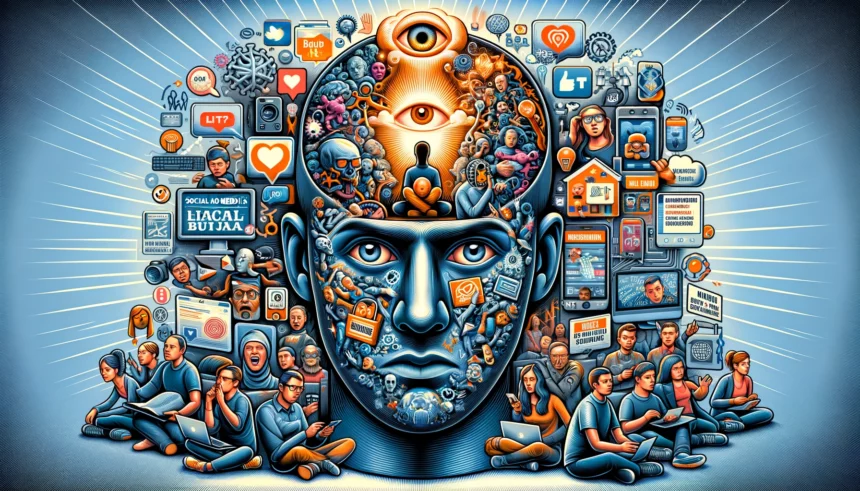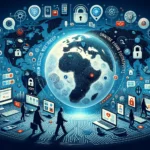Listen to the article now:
In the digital age, social media has woven itself into the fabric of our daily existence, connecting people across the globe in ways previously unimaginable. Its pervasive reach into our lives sparks ongoing debates regarding its benefits and drawbacks. Despite divergent views, one consensus emerges: social media undeniably impacts our day-to-day experiences, and it is up to individuals to gauge this influence as either positive or negative.
Social media platforms have revolutionized how we express our thoughts and emotions, offering real-time channels for sharing our lives with a vast audience. This immediacy fosters freedom of speech, a cherished democratic value. However, the ease of expression also has its pitfalls. The virtual distance and anonymity can embolden users to voice opinions without considering the consequences, potentially fostering impulsivity and disregard for the feelings of others.
One of the more constructive aspects of social media is its ability to bring together communities of like-minded individuals. Whether centered around hobbies, causes, or shared experiences, these groups can offer support, inspiration, and camaraderie. Yet, the same feature can have a darker side, as groups may also coalesce around harmful or divisive ideologies.
The digital realm is a treasure trove of information, but discerning credible sources is crucial, especially when researching sensitive or contentious topics. The proliferation of misinformation underscores the importance of critical media literacy in navigating online content.
Social media has also redefined the concept of community, enabling connections between individuals who might never meet in person. These virtual networks can provide invaluable support, particularly for those seeking solace or advice from others facing similar challenges.
Beyond its social implications, social media serves as a beacon of motivation and self-improvement. It offers a wealth of resources—from inspirational quotes to instructional videos—that encourage personal growth and goal achievement.
However, the landscape is not without its perils. The issues of cyberbullying and digital addiction highlight the darker facets of online engagement, underscoring the need for vigilance and mindfulness in our digital interactions.
Entertainment is another realm where social media holds sway, with platforms like YouTube and Instagram offering endless content tailored to diverse interests. This accessibility to entertainment also enables companies to leverage these platforms for marketing, reaching vast audiences with relative ease.
Yet, the pervasive nature of social media also amplifies societal pressures, particularly among youth. The constant exposure to curated snapshots of others’ lives can distort self-perception and exacerbate feelings of inadequacy or envy. Conversely, social media can offer solace and a sense of belonging, particularly for teens seeking connection and validation from their peers.
The multifaceted impact of social media defies a one-size-fits-all approach to usage. Its effects vary widely among individuals, shaped by personal habits, needs, and contexts. In this complex landscape, fostering awareness of our own social media engagement emerges as a critical first step toward mindful usage. While social media’s dichotomies are not always clear-cut, acknowledging its nuanced role in our lives can guide us toward more balanced and fulfilling digital experiences.
















